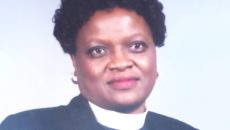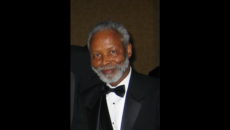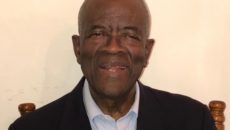Svend Einar Holsoe, a major contributor to research on Liberian history, culture, and its people, has been reported dead.
According to reports from the U.S., Holsoe died last Wednesday in a hospital in Philadelphia where he had long been getting medical treatment.
As a historical researcher, Holsoe co-founded the Liberian Studies Association and became the founding editor of the Liberian Studies Journal, the second oldest African studies journal published continuously in the United States.
Materials from his Institute for Liberian Studies formed the core of the Indiana University Liberian Collections project. Because Holsoe worked with materials from the Liberian National Archives since the 1960s, he donated his Liberian materials to the Liberian Collections Project at Indiana University. Among the items available within the collection are copies he made of Liberian government archive documents, genealogical records, Vai script materials, and other rare documents. The Collection contains the only copy of many of these rare documents, given that copies available in Liberia were looted or destroyed during the civil war.
In addition to his scholarly efforts, Holsoe also made financial donations that helped fund the processing of many materials in the collection to make them available to Liberian and international scholars.
According to a biographical note on Indiana University’s website, Holsoe spent nine years of his youth in Liberia, a period that is likely responsible for his intense interest in the country. In his senior year of high school, he was reportedly asked to write an essay on his hometown for his English course. The young Holsoe selected Monrovia, but discovered that there was little information available on Liberia and its people, a moment that pushed Holsoe to dedicate himself to researching about Liberia.
Holsoe was also a long-time board member of the Friends of Liberia, a U.S. based organization that has worked to support peace and development in Liberia.
Editor’s Note: Several inaccuracies concerning Holsoe’s work in Liberia post-2004 have been removed.



